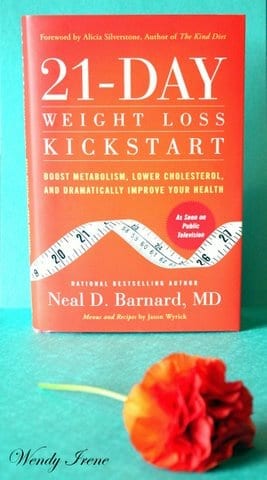Search Results for: weight consumed
Healthy Eating Phase II: 21-Day Weight Loss Kickstart by Neal D. Barnard, MD
In the first month of our 3 month challenge my husband and I conquered fast food and soda. We had a pretty successful month, except for the cheat of pizza. Even though it has been more than a month since I have had any soda, I still get the occasional craving. For some reason writing about it makes me crave it, weird!
Baby’s Weight Gain During Pregnancy
According to the 2003 edition of “Journal of Midwifery & Women’s Health,” most women need to gain 25 to 35 lbs. during pregnancy. They are, after all, eating for two during the time of pregnancy. Women who are thin may need to gain more weight, and women who are overweight may need to gain less. The weight gain for pregnant moms enables the pre-birth baby to get needed nutrients, and as the pregnancy proceeds, the pre-born baby’s weight grows.
The Weight of Guilt
Throughout our entire infertility journey, it has been hard not to be consumed by guilt. There are a hundred things one could feel guilty about during this process. As an Irish American Catholic woman, guilt seems to be something I cannot avoid! I have watched generations of some of the best guilt sufferers and guilt encouragers in action. In attempts to let go of my guilt, I want to list all of the things I feel guilty about.
Diets to Lose Weight Fast From Home
Many women, including mothers, want to lose weight. The stress of parenting, time constraints and pregnancy can all lead to excess weight. With the many different diets and advertisements, choosing a good diet plan can be confusing. Although diet support groups offer menus, consultations, food items and encouragement, dieting at home can save both time and money. Although rapid weight loss may lead to health problems, a nutritious diet plan can help you lose weight quickly and safely, allowing you to look and feel your best.
How Many Calories a Day to Lose Weight?
While fad diets come and go, the key to weight loss is to consume fewer calories than your body burns. Determining how many calories you should eat when dieting requires that you consider your activity level, age and weight to determine how many calories your body burns each day. Once you know this number, you can calculate how low you should go. While cutting more calories may help you to drop weight faster, it can also result in a lower metabolism and a weight loss plateau, according to the Columbia University Health Services.



